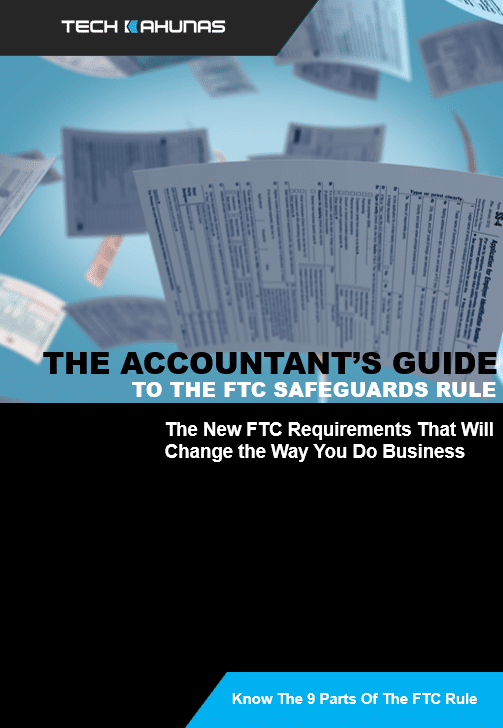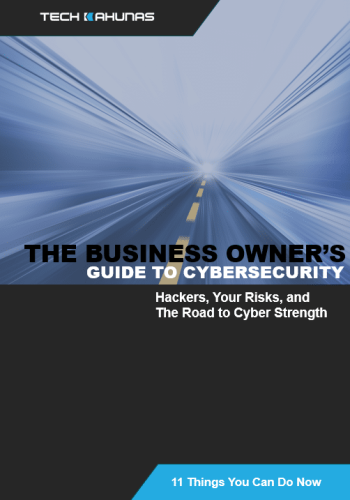Businesses across various sectors are under the constant threat of cyber attacks, and the legal industry is no exception. Law firms are increasingly at risk, with potential consequences being catastrophic. They must implement measures to protect their sensitive client data, trustworthiness, and reputation.
The legal sector holds a wealth of valuable and confidential information, making it an appealing target for cybercriminals. Recent reports have highlighted the escalating hacking risks faced by UK law firms. However, it’s important to note that these threats aren’t confined within geographical boundaries; US firms are also susceptible. Cyber attacks don’t discriminate based on size; both large corporations and smaller firms are equally at risk.
Consequences of Data Breaches
A successful cyber attack can have dire repercussions for a law firm. Data breaches can disclose sensitive client details such as personal information, financial data, and privileged communications. These leaks not only undermine client trust but may also lead to legal and financial liabilities for the firm itself including regulatory penalties, lawsuits, reputational harm, and loss of business.
Types of Cyber Threats
Law firms encounter numerous types of cyber threats:
- Phishing Attacks: Cybercriminals use advanced phishing methods to deceive employees into disclosing sensitive data or installing malicious software.
- Ransomware: This harmful software encrypts files then demands a ransom for their release – law firms’ critical data makes them prime targets.
- Insider Threats: Authorized personnel can either intentionally or unintentionally cause data breaches.
- Third-Party Risks: Collaborations with external vendors heighten breach risks due to supply chain vulnerabilities.
Best Practices
Law firms should provide continuing training to inform staff about cybersecurity threats, best practices, and the significance of strong passwords, data encryption, and secure communication routes in order to safeguard against cyberattacks. Strong password restrictions also promote the usage of multi-factor authentication, reducing the danger of unwanted access. Policies are in place to ensure that all software and systems are updated with the most recent security updates, and to identify and stop cyber attacks, firewalls, anti-virus software, and intrusion detection systems are used. One of the most crucial procedures is to make sure that sensitive data is encrypted while it is in transit and at rest so that, even if it gets into the wrong hands, it cannot be deciphered.
Last but not least, a thorough incident response strategy describes what should be done in the case of a cyberattack. Regular data backups, offsite storage, and restoration processes should all be part of this approach.
Cybersecurity is a ongoing endeavor. Regularly evaluate the security precautions taken by your legal firm, carry out vulnerability analyses, and carry out penetration tests to find and fix any systemic flaws. Include evaluations of any outside parties your company works with. Uncertain about how to proceed?



 Get your CPA firm aquainted with new FTC rules.
Get your CPA firm aquainted with new FTC rules. 




